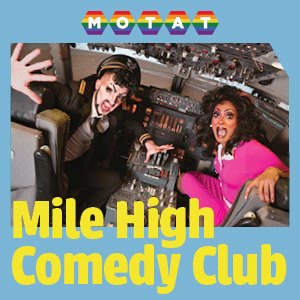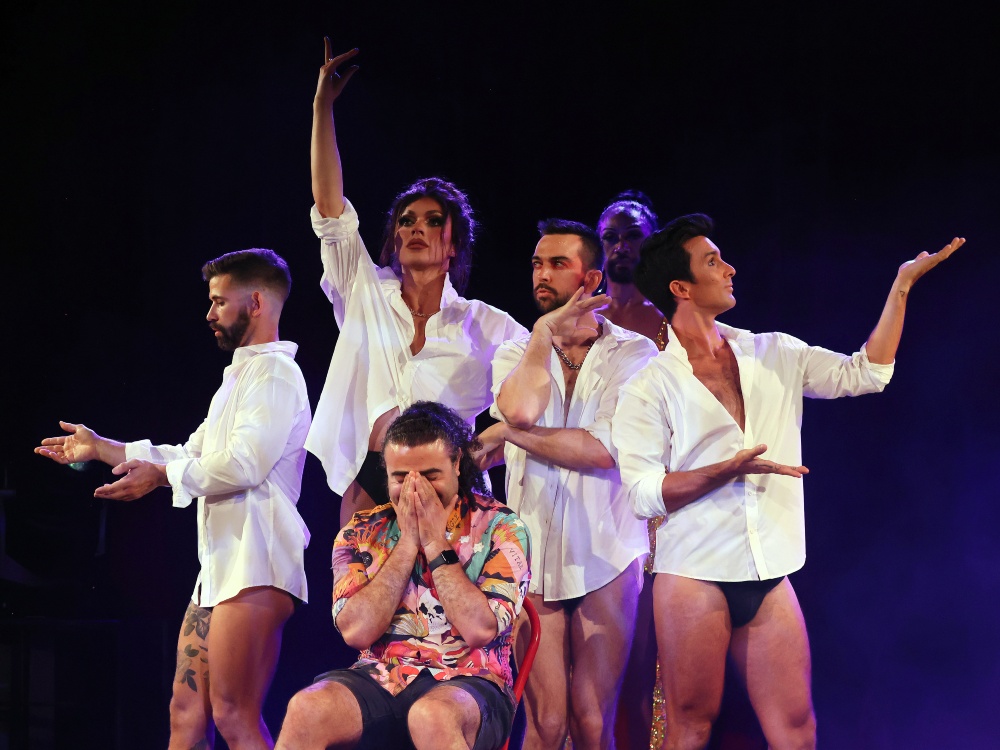As the Catholic Church prepares for the conclave to choose the successor to Pope Francis, LGBTQ+ rights have emerged as a key battleground among cardinals with diverging visions for the Church’s future.
While some potential candidates are expected to continue Francis’ path of cautious inclusion, others are backed by conservative factions determined to steer the Church back toward a more traditional stance, particularly on matters related to LGBTQ+ identity.
During his papacy, Francis took several progressive steps. He met with transgender women, supported the blessing of same-sex couples, and called on parents of LGBTQ+ children to offer support rather than condemnation. “Homosexual people have the right to be in a family. They are children of God,” he stated. He also famously said, “If a person is gay and seeks God and has good will, who am I to judge him?”
Yet, his approach was not without contradictions. While maintaining the Church’s opposition to marriage equality, Francis’ inclusive tone often drew sharp criticism from conservative elements within the Church—many of whom are now campaigning for a successor more aligned with traditional doctrine.
Despite appointing roughly 80% of the cardinals who will vote in the conclave, Francis’ influence is being challenged. One prominent voice is Cardinal Fridolin Ambongo Besungu of Kinshasa, Congo. Though elevated to cardinal by Francis in 2019, Ambongo has since condemned the Vatican’s support for same-sex blessings. He called such unions “intrinsically corrupt” and “contradictory to cultural norms,” warning that the move had triggered “shockwaves” in Africa’s Catholic communities.
Bill Donohue, president of the conservative Catholic League, echoed support for an African pope, stating, “If the cardinals decide to choose someone who is a traditionalist, they can do no better than to look to Africa.”
Guinean Cardinal Robert Sarah, also in the running, has criticised what he sees as the influence of “LGBT ideology.” In his book The Day Is Now Far Spent, he wrote, “They are led by its militants to reduce their whole identity to their sexual behavior.” He implored Catholics with same-sex attraction not to become “shut away in this prison of LGBT ideology.”
Another strong contender among conservatives is German Cardinal Gerhard Ludwig Müller, an open critic of Francis’ inclusive rhetoric. He has warned of the Church being manipulated by “ideological lobbies, including the gay lobby,” and has called for a papacy rooted in “orthodoxy” and scriptural tradition. Müller, whose term as head of the Congregation for the Doctrine of the Faith was not renewed by Francis in 2017, has framed gender theory as an ideological threat to Church teachings.
Hungarian Cardinal Péter Erdő is also a favourite among conservatives. Though quieter on LGBTQ+ issues, he has not publicly challenged the anti-LGBTQ+ policies championed by Hungary’s Prime Minister Viktor Orbán, who has made LGBTQ+ people a central target in his nationalist agenda.
Still, the push for a conservative pope may face a quiet, complex contradiction. “A paradoxical situation remains,” said Rik Torfs, professor of canon law at Belgium’s Catholic University. “On the one hand, homosexual relations are considered sinful, but on the other, a significant percentage—probably the majority—of cardinals are homosexual.”
The coming conclave is shaping up to be not just a vote for the next pope, but a referendum on the future of LGBTQ+ inclusion in the Catholic Church.


































